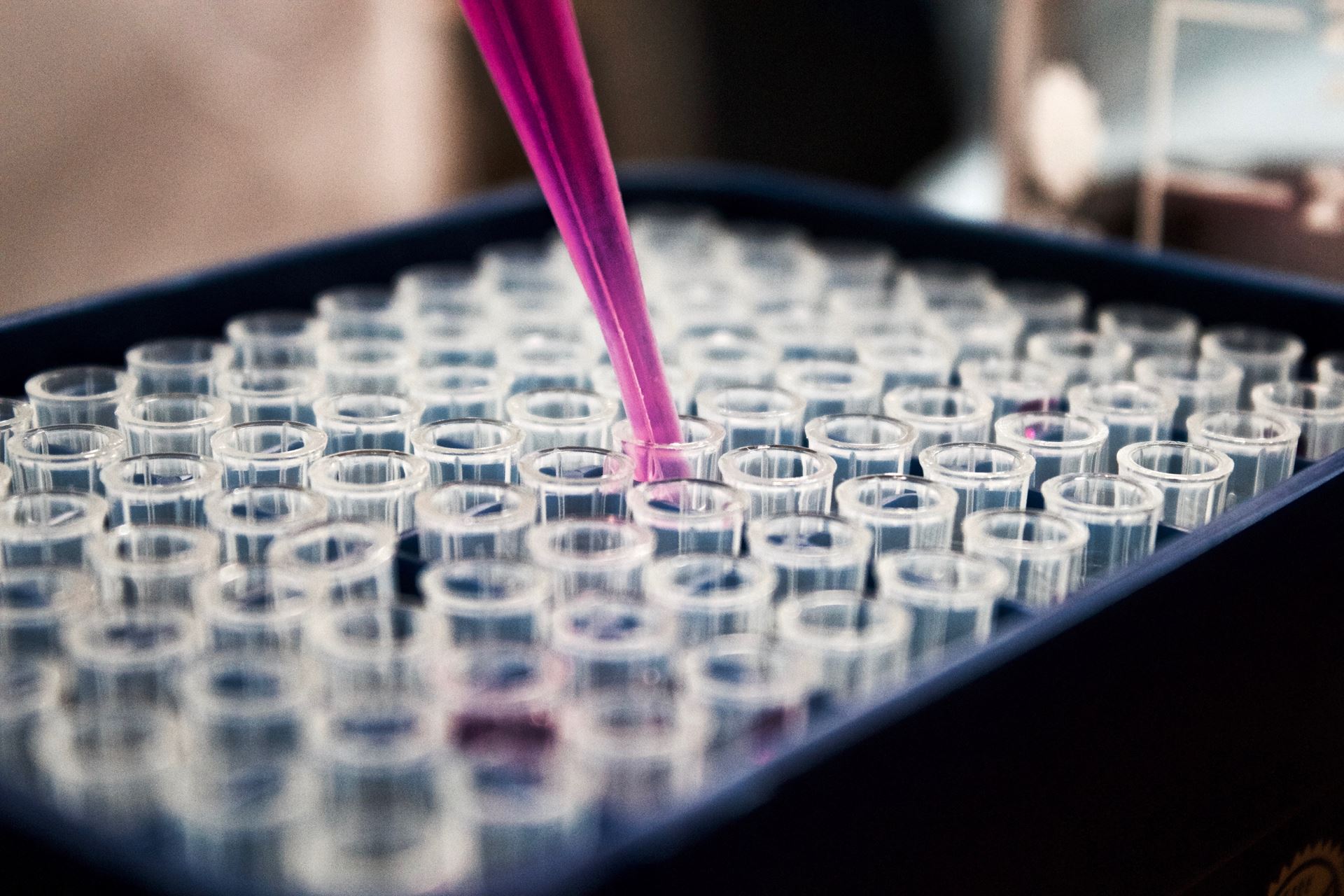Investigations
X-Rays
An X-ray is a widely used diagnostic test to examine the inside of the body.
X-rays are a very effective way of detecting problems with bones, such as fractures. They can also often identify problems with soft tissue, such as pneumonia.
If you have an X-ray, you will be asked to lie on a table or stand against a surface so that the part of your body being X-rayed is between the X-ray tube and the photographic plate.
An X-ray is usually carried out by a radiographer, a healthcare professional who specialises in using imaging technology, such as X-rays and ultrasound scanners.
You can find out more about x-ray tests, how they are performed, their function and the risks by visiting the NHS Choices website.
If you are requested to arrange an x-ray please note the local x-ray department telephone numbers. These appointments are usually on patient contact and are made in a timely manner and nased on each patients clinical need.
On occasion the GP / Advanced Practitioner may make an appointment for your x- Ray in advance (as follow up).
Numbers of local departments include:
East Cleveland Hospital (Brotton)
01642 944296
Guisborough General Hospital
01642 944286
Redcar Primary Care Hospital
01642 944550
Blood Tests
We have two healthcare assistants with appointments available daily, morning and afternoon for blood tests.
A blood test is when a sample of blood is taken for testing in a laboratory. Blood tests have a wide range of uses and are one of the most common types of medical test. For example, a blood test can be used to:
- assess your general state of health
- confirm the presence of a bacterial or viral infection
- see how well certain organs, such as the liver and kidneys, are functioning
A blood test usually involves the phlebotomist taking a blood sample from a blood vessel in your arm and the usual place for a sample is the inside of the elbow or wrist, where the veins are relatively close to the surface. Blood samples from children are most commonly taken from the back of the hand. The childs hand will be anaesthetised (numbed) with a special cream before the sample is taken.
You can find out more about blood tests, their purpose and the way they are performed on the NHS Choices website.
Results Of Tests And Investigations
The practice telephone lines can be extremely busy between 08:00 – 12:00 with requests for appointments.
To avoid delays in answering your call, the practice advises that you call after 12:00 to request test results.
If your test results show that you need more tests or treatment, we will contact you.
Once a doctor has reviewed your test results, you can view them:
- in your NHS account (through the NHS website or NHS App)
- in your SystmOnline account

Your Test Results and What the Comments mean.
Getting your test results
The Doctor or Advanced Practitioner will inform you at the consultation when the results are expected to be back at the surgery.
We usually allow 72 hours for results to be filed and reviewed by the requesting clinician.
When the requesting clinician is not in work, your test results will be reviewed by an alternative clinician
What does the doctors comment mean?
Ask patient to book appointment
The doctor would like to speak to you to explain the result(s). The doctor may ask for this to be in person or by telephone.
Ask patient to repeat test
Small fluctuations in test results are common and slightly abnormal results usually return to normal without the need for treatment.
The GP would like to check your result has returned to normal or remained stable. We will tell you how long you should wait before rechecking your blood test.
Make appointment with doctor/ nurse
You will be contacted to discuss your result with the requesting clinician. If you already have an appointment booked with the doctor or advanced practitioner, they will discuss the results with you.
There is no need to contact us before then as the result is not urgent.
Borderline
This means that the doctor / advanced practitioner has looked at the result and deemed it to be just outside of the normal range and the result is not concerning and is acceptable for you.
Satisfactory
This means that the doctor / advanced practitioner has looked at the result and deemed it to be a stable result, that the result is not concerning and is acceptable for you. No further investigation or treatment is needed.
We will continue to monitor this result as needed and will inform you if you need a further test in the future.
Normal- no action
This means that the doctor has looked at the result and deemed it to be within the normal and no further investigation or treatment is needed.
Unknown / Inadequate specimen / Repeat sample
Unfortunately very occasionally samples are lost or damaged.
Sometimes there is a delay in samples reaching the laboratory which can affect the quality of the specimen making it unusable.
On other occasions an incorrect bottle or label may have been used.
Occasionally an incorrect test is requested in which case a repeat may not be needed.
The doctor /advanced practitioner will usually ask you to repeat the test.
Page created: 20 September 2019